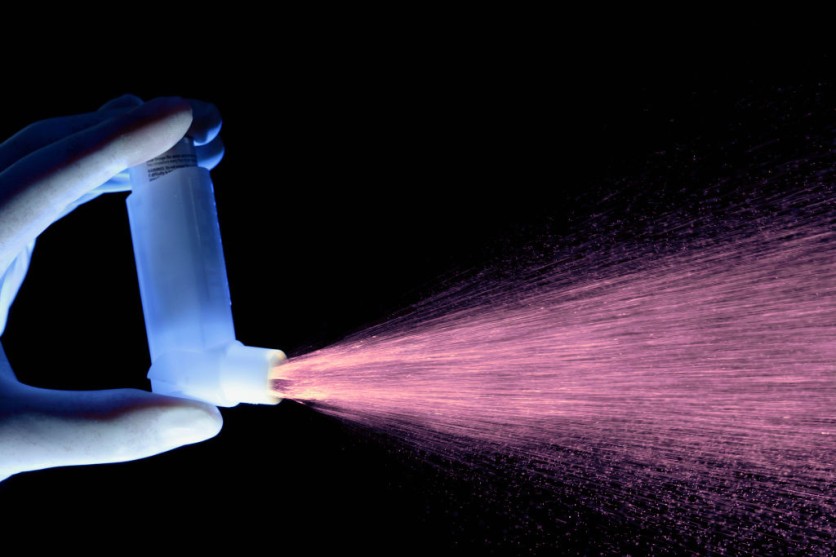There's no proof that a child's chance of developing asthma is increased by a COVID-19 infection, according to a recent study.
Dr. David Hill, the principal study author at Children's Hospital of Philadelphia, led the study that disproves previous theories about COVID-19 and asthma in children. HealthDay reported about the pediatrics study, the first of its kind, included approximately 27,000 children who had SARS-CoV-2 PCR testing between March 2020 and February 2021. Over 3,100 were virus-positive.
To the experts' surprise, COVID-19 positivity did not increase the chance of a new asthma diagnosis in children. The study found that childhood asthma risk variables like race, food allergies, hay fever, and preterm delivery increased asthma risk.
Dr. Angela Hogan, a pediatric allergist and immunologist, said that the study's findings match her clinical experience, suggesting that COVID-19 may have caused fewer asthma exacerbations in children than previously thought.
The dynamic nature of novel viral variations may constrain the study's findings, and the distinctiveness of the study period makes replication difficult, according to Hill. More research is necessary to determine COVID-19's long-term impact on asthma development across age groups, as the study only examined youngsters.
"This may have been a unique time and opportunity to do this study and make this observation," Hill added.
However, the study reassures patients and their families that COVID-19 infections may not cause asthma in children.
COVID-19 Smell Loss Can Be Cured by Anti-Inflammatory Medications
Meanwhile, another recent study reveals that early COVID-19 treatment with corticosteroids may help people restore their sense of smell.
Researchers, including neurobiologist Nicolas Meunier, found that COVID-19 had caused almost 27 million people to lose smell or taste. Most virus-induced olfactory impairment heals within 2-4 weeks; however, some people endure symptoms longer.
The study examines SARS-CoV-2 infection and smell ideas. One theory indicates direct injury to olfactory nerve cells that send odor information to the brain. The prevalent belief is that the infection impacts nasal cavity cells by allowing innate immune cells to persist even after the virus has vanished.

In this undated image an asthma inhaler is seen dispensing a dose of drug.
Severe COVID Survivors Suffer from Long-Term Impact of the Disease
Meanwhile, researchers highlight the enduring problems of COVID-19 survivors, particularly those with severe disease. Two-thirds of severe COVID patients still have physical, mental, and cognitive issues a year later, according to a new study.
Dr. Anil Makam, lead researcher and associate professor of medicine at the University of California, San Francisco, emphasizes the problems millions of COVID survivors face.
TechTimes previously reported the study that examined 156 severe COVID patients who needed long-term acute therapy. These patients were mostly healthy 65-year-olds. Many patients needed mechanical ventilation; therefore, specialist institutions helped them recover and rehab.
Nearly half of the patients had health issues, with many still needing oxygen. Long-term hospitalization caused bedsores and nerve damage, worsening their ailments.
Many COVID survivors recovered partially, returned home, and resumed work, but the study emphasizes the need for multimodal rehabilitation to address long-term deficits in severe COVID survivors.
The National Institutes of Health reports that the SARS-CoV-2 virus, which produces COVID-19, can permanently damage mitochondria in the heart, kidneys, liver, lungs, and lymph nodes. An acute SARS-CoV-2 infection can block mitochondrial genes, causing long-term organ damage.
Related Article : Study Shows Fitness Trackers, Smartphones Effective in Monitoring Multiple Sclerosis Progression





